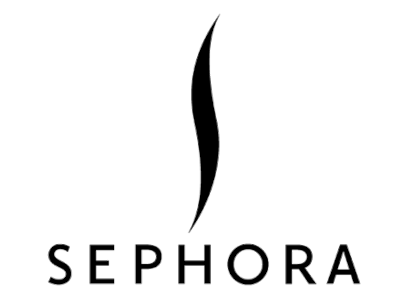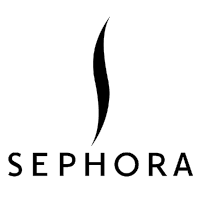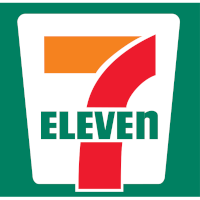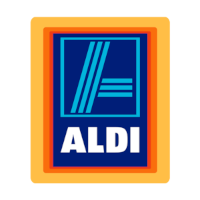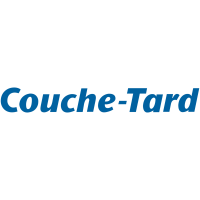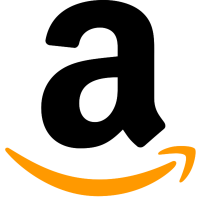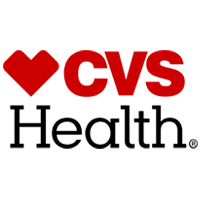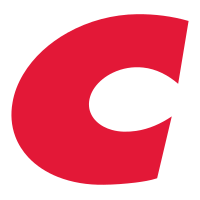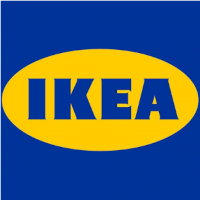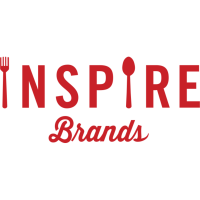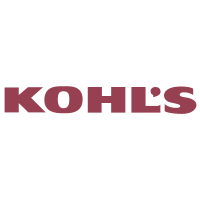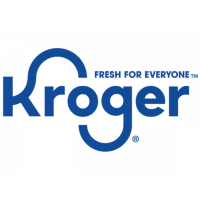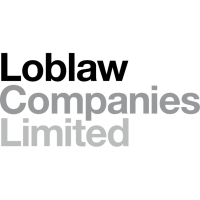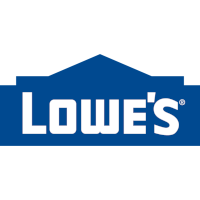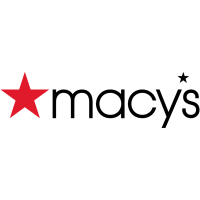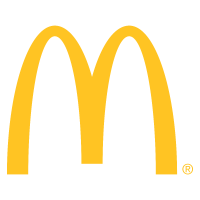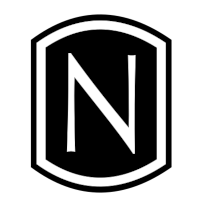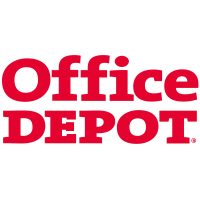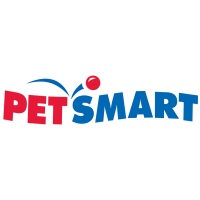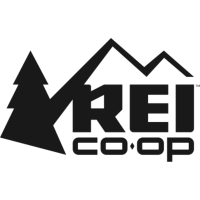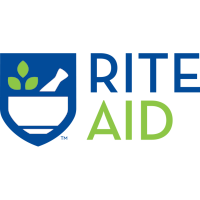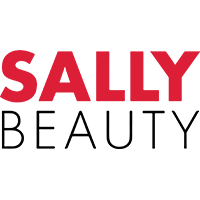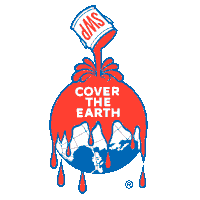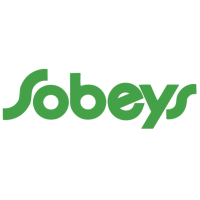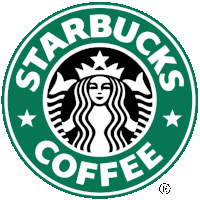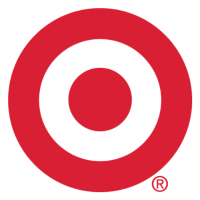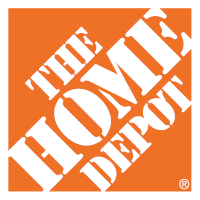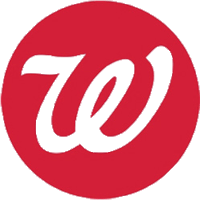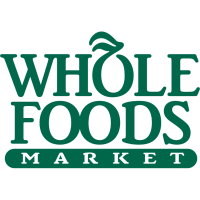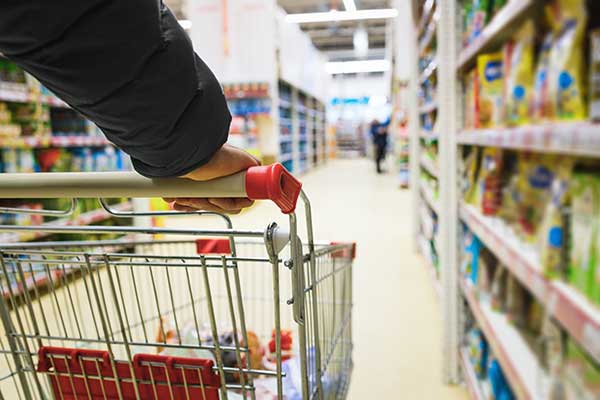Key Findings and Recommendations
- Corporate Commitment: Sephora’s chemicals policy applies to both private-label and brand-name products and includes a commitment to safer alternatives. In 2023, Sephora signed a joint NGO-business letter encouraging the U.S. EPA to expand the scope of products covered by its Safer Choice program to include beauty and personal care products.
- Transparency: Sephora requires full ingredient disclosure from both private-label and brand-name suppliers’ brands for formulated products. Sephora highlights products to customers made without chemicals of concern through its Clean at Sephora and Planet Aware programs across 177 brands globally. The company has also set a goal to ensure brands with formulated products provide full disclosure of product ingredients down to 100 ppm, including fragrance ingredients, on Sephora’s website by 2030.
- Ban the Bad: Sephora maintains extensive, publicly available restricted substance lists (RSLs) for its products. Sephora reported a 39.5 percent decrease in products sold with one or more of its 50+ high-priority chemicals decreased between 2019-2022. More recently, Sephora has set a goal to eliminate hundreds of chemicals of high concern in products and packaging by 2030 including various formaldehyde releasers and parabens; chemical classes including PFAS, phthalates, and bisphenols; and plastics including PVC. The company has also significantly increased the number of name brands in its Clean at Sephora program, encompassing more than 100 brands globally. The company has also increased the number of Black-owned brands it sells that meet Clean at Sephora guidelines.
- Safer Solutions: Sephora’s definition of safer alternatives aligns with the Washington state definition, and the company has provided guidance to suppliers to identify safer solutions. Sephora has invested over $400,000 since 2018 to identify safer solutions to chemicals of high concern in beauty and personal care products through ChemFORWARD and Novi Connect. This has included funding comprehensive chemical hazard assessments and enabling suppliers to identify safer alternatives listed as ChemFORWARD SAFER on the Novi Connect platform.
2024 Detailed Analysis of Sephora
Corporate Chemicals Policy
Adopted a safer chemicals policy
Oversight
Established management oversight
Chemical Footprint Project (CFP)
Participated in the CFP
Collaboration
Actively participates in collaborative process to promote safer chemicals
Public Policy Support
Supported governmental policies to reduce chemicals or plastics of high concern
Supply Chain Disclosure
Brands report use of chemicals or plastics in products or packaging to retailer
Supplier Accountability
Ensures supply chain accountability for chemicals or plastics restrictions
Consumer Disclosure
Brands disclose use of chemicals or plastics to consumers
Chemical Footprint Calculation
Publicly disclosed its chemical footprint
Restricted Substances List (RSL)/Manufacturing Restricted Substances List (MRSL)
Reduction/Elimination Goals
Chemicals and Plastics Reduction
Reduced or eliminated toxic chemicals or plastics of high concern
Safer alternative definition
Adopted a definition of safer alternative consistent with Washington state
Investment in Safer Solutions
Invested financial resources to advance and drive development of safer solutions
Implementation of Safer Solutions
Replaced chemicals or plastics of concern with safer solutions
Quantified Safer Products
Measured and disclosed progress towards safer products
How does Sephora compare to its competitors?
Previous Grade History
NOTE: Our evaluation criteria changed in 2024. The scores from previous review years through 2021 are based on a different set of criteria measured.
Click or tap on a grade year to review additional details (where available).

